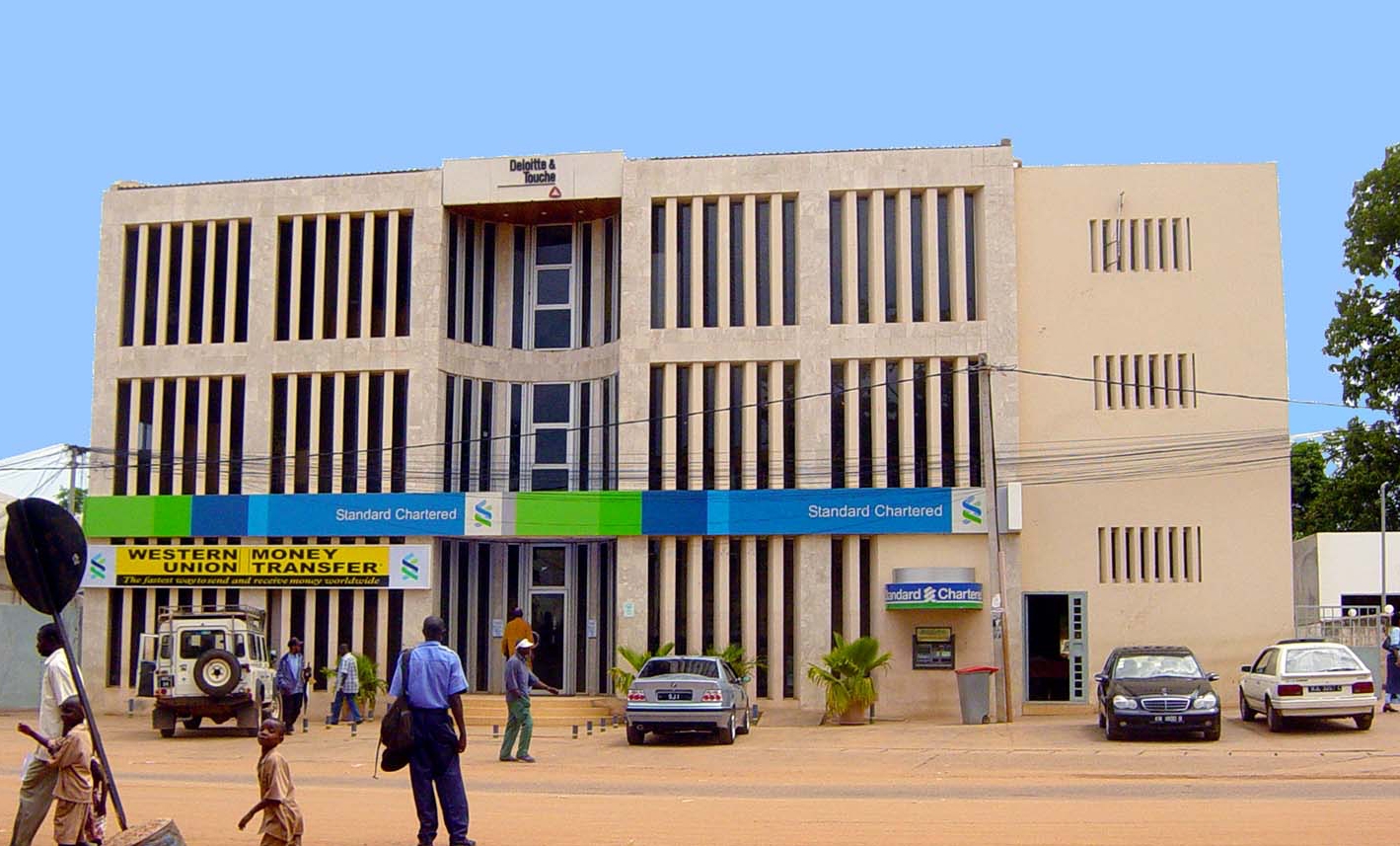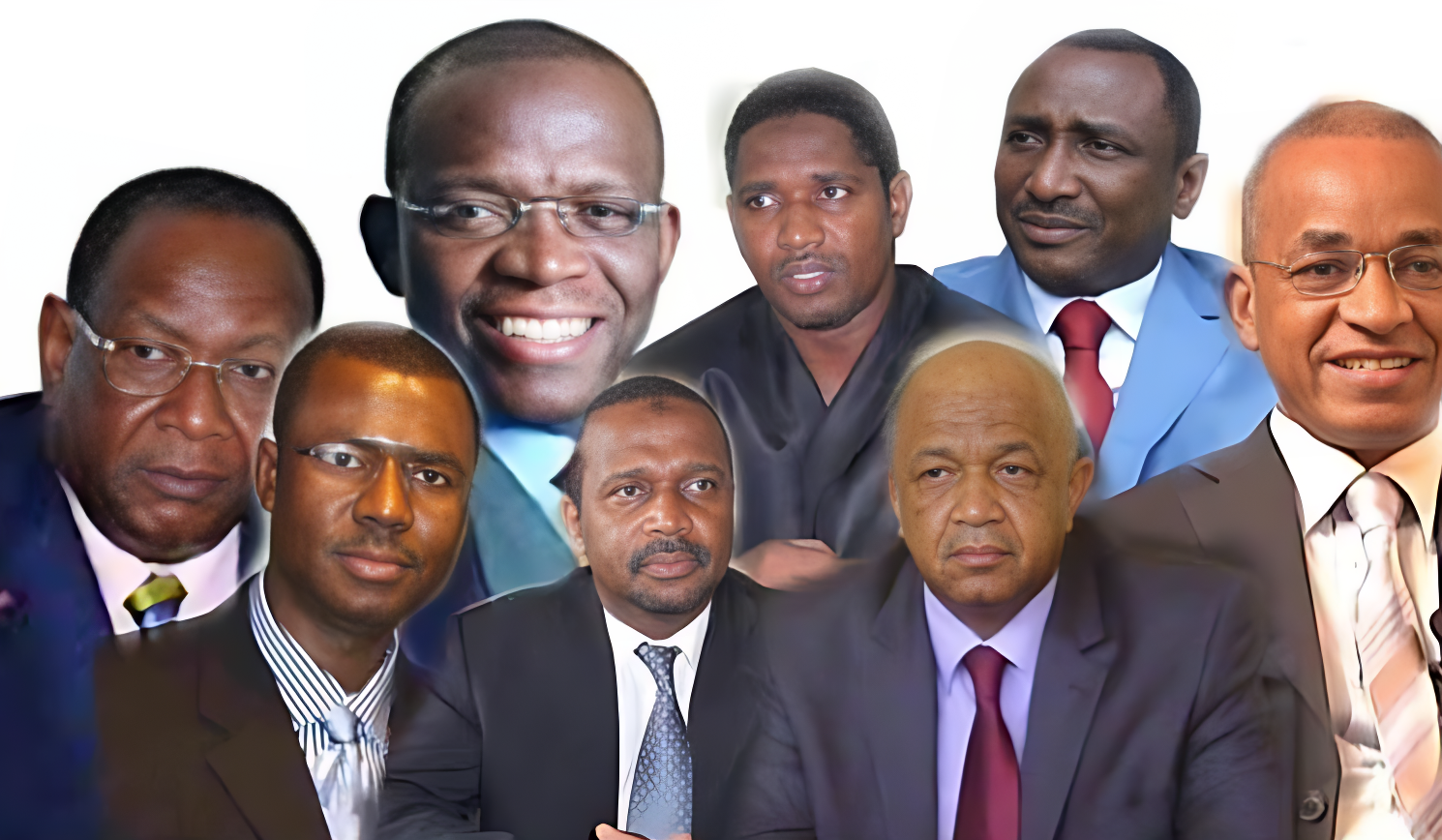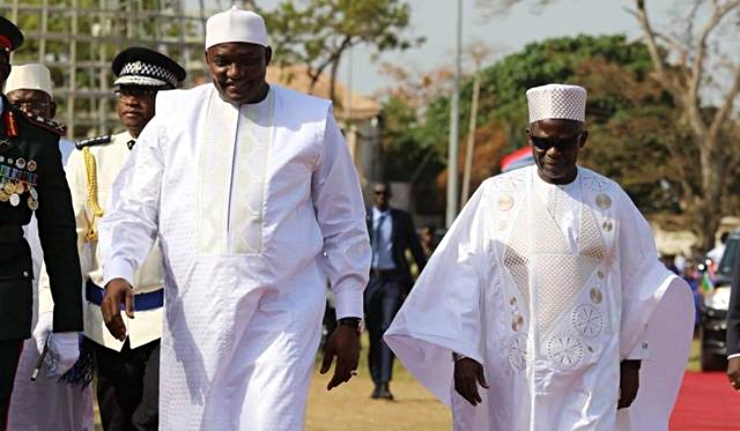Gambiaj.com – (BANJUL, The Gambia) – The Gambia stands once again at a perilous crossroads, reminiscent of the nation’s darkest political episodes – Kukoi Samba Sanyang’s failed 1981 coup and Yahya Jammeh’s 1994 military takeover. The stakes today may appear less dramatic, but make no mistake: the rejection of the 2024 Draft Constitution is not merely a legislative setback – it is a flashing red warning of deepening political paralysis and looming instability.
With Parliament’s recent rejection of the draft constitution, The Gambia remains shackled to the 1997 Constitution, a relic of authoritarian rule that was never designed for a democratic society.
It lacks robust term limits, undermines checks and balances, and leaves too much room for executive overreach. Simply put, it was built to serve a dictator, not a democracy.
The consequences of this constitutional failure cannot be overstated. The rejection represents not just the death of a legal document, but a broader collapse of political will, a symptom of a dangerously fragmented political class that prioritizes narrow party interests over the national good.
As the 2026 presidential elections approach, the political temperature is rising fast. The main opposition, the United Democratic Party (UDP), has already issued stark warnings that the country could become “ungovernable” if constitutional reform is not revived – a rhetoric eerily similar to Senegal’s recent political turmoil, where calls for resistance and confrontational politics nearly shattered its democratic stability.
The question now is not simply whether The Gambia can adopt a new constitution. The more urgent question is this: Do Gambian political leaders – both in government and opposition—have the maturity, vision, and patriotism required to pull the country back from the edge?
Party Over Country: A Dangerous Game
Let’s be clear: the 1997 Constitution is fundamentally incompatible with Gambia’s democratic aspirations. Surveys by Afrobarometer and local civil society groups have consistently shown overwhelming public support for constitutional reform. Yet politicians have once again placed party interests above the will of the people.
The UDP’s rejection of the draft, citing concerns about political manipulation and lack of trust, rings hollow when its lawmakers have offered no credible alternative – only the threat of political disruption.
On the other hand, the ruling National People’s Party (NPP) and its allies have failed to show genuine leadership or foster an inclusive, transparent process. Both camps are locked in a reckless power struggle, gambling with the country’s stability.
This deadlock is unsustainable.
Time for National Dialogue – Before It’s Too Late.
What The Gambia urgently needs now is a National Constitutional Dialogue, similar to the one convened in Senegal in 2024 under former President Macky Sall. Such a forum should bring together political parties, civil society organizations, religious leaders, youth groups, and diaspora voices to negotiate a path forward.
If a wholesale constitutional overhaul remains out of reach, then Parliament must at least pursue targeted amendments on the most critical issues, such as presidential term limits, electoral reform, separation of powers, and transitional justice.
In parallel, President Adama Barrow must publicly commit to respecting term limits, regardless of constitutional ambiguity. His silence on this matter risks fueling further suspicion and instability.
Regional Actors Must Step In. ECOWAS and the African Union cannot afford to sit on the sidelines. Their role must go beyond post-crisis interventions; they should actively mediate and help prevent escalation now, before The Gambia follows the violent paths of Guinea, Senegal, or pre-transition Mali.
A New Reform Coalition?
If both the UDP and NPP refuse to break the deadlock, an alternative may emerge—a broad coalition of youth, moderates, and sidelined civic actors, capable of rallying public support around common-sense reforms. Gambian history shows that the winds of change often start from the grassroots.
Yet the best path remains through negotiation, not fragmentation. This is a defining moment for The Gambia.
Failure to act decisively, courageously, and wisely now will condemn the nation to another cycle of crisis – potentially more damaging than the Jammeh era.
And once again, the Diaspora – disenfranchised and distracted by partisan divides—will bear the brunt of this national failure.
Let history not record that when Gambia stood at the crossroads, its leaders chose selfishness over statesmanship and destruction over dialogue.
Wassalam. Aluta Continua.










